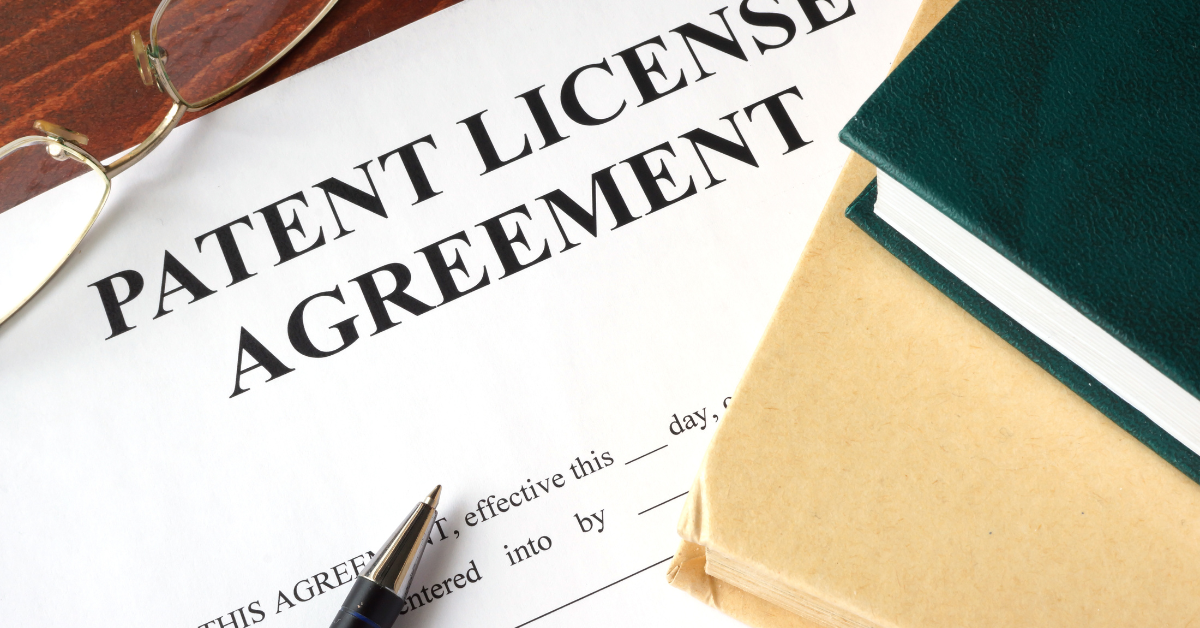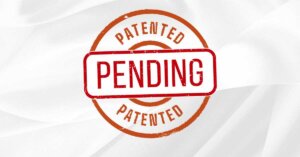Unlocking the potential of intellectual property (IP) through strategic patent licensing is paramount in today’s innovation-driven landscape. Leveraging a patent license emerges as a pivotal strategy, not only to monetize IP assets but also to fuel further innovation. In Indonesia’s dynamic market, navigating patent licensing strategies is key to maximizing your IP value and fostering a culture of innovation.
Am Badar & Am Badar, renowned for its proficiency in structuring and negotiating licenses of patent, stand as stalwarts in maximizing client returns. With extensive experience in this domain, our commitment ensures that you harness the full potential of your intellectual property, driving growth and securing competitive advantage in the ever-evolving landscape.
Perhaps, you can check our insight about Patent Prosecution Highway between Indonesia and South Korea before reading this article.
Understanding Patent Licensing in Indonesia
Types of Patent Licenses
Patents, vital for protecting innovative creations, offer you — as a patent holder — various avenues for utilization, prominently through licensing agreements. In Indonesia, different licenses of patent types cater to diverse needs and circumstances.
Exclusive vs. Non-exclusive Licenses
Exclusive License: Grants sole permission to one licensee or within a specific area.
Non-exclusive License: Allows multiple licensees or extends across various regions.
Choosing between these depends on factors such as market reach and competitive advantage.
Types of Patent Licenses
Ordinary License
– Voluntarily granted by the patent holder.
– Operates similarly to other intellectual property rights licenses.
Government License
– Granted for specific government use.
– Regulated by Presidential Regulation Number 77 of 2020.
Compulsory License
– Mandated by Ministerial Decree for various reasons.
– Governed by Minister of Law and Human Rights Regulation Number 30 of 2019.
Cross Licensing
– Exchange of licenses between patent holders.
– A component of mandatory licensing requiring important technical improvements.
Selecting the appropriate patent license type involves assessing urgency, societal benefit, and technical advancements. Compliance with legal regulations, including recording and announcement by the Minister of Law and Human Rights, is imperative for ensuring the legality and enforceability of the license agreements.
Understanding the nuances of each license type empowers you to make informed decisions, maximizing the value of your intellectual property while adhering to regulatory frameworks in Indonesia.
Key Elements of a Patent License Agreement
Crafting a robust license of patent agreement is essential for delineating rights, obligations, and terms between parties. In Indonesia, understanding these key elements ensures clarity and compliance within the legal framework.
Licensed Rights and Limitations
Clarifying the rights and restrictions of the licensee is paramount. This includes outlining obligations such as royalty payments and monitoring infringement activities within the designated area. It also specifies the licensee’s right to manufacture, import, and distribute the patented product within defined jurisdictions.
Territory and Duration of the License
Defining the territorial scope and duration of the license is crucial. Whether exclusive or non-exclusive, specifying the permitted regions and timeframe for utilizing the patent ensures clarity and prevents ambiguity.
Royalty Payments or Other Compensation
Establishing clear terms for royalty payments is essential. Determining the nature of royalties, payment calculations, and timelines ensures a fair and transparent compensation structure for both parties.
Confidentiality Provisions
Incorporating confidentiality provisions safeguards sensitive information exchanged during the agreement. Protecting proprietary data and trade secrets enhances trust and fosters a secure business relationship.
Dispute Resolution Mechanisms
Including mechanisms for resolving disputes mitigates potential conflicts. Detailing procedures for dispute resolution, including mediation, arbitration, or litigation, promotes effective conflict resolution and preserves the integrity of the agreement.
For a comprehensive understanding of patent licensing regulations in Indonesia, referencing authoritative sources like the Directorate General of Intellectual Property of the Republic of Indonesia provides invaluable insights and guidance.
Crafting a patent license agreement with meticulous attention to these essential elements ensures clarity, fairness, and legal compliance, fostering mutually beneficial partnerships in the realm of intellectual property.
The Licensing Process
The patent licensing process in Indonesia involves several key steps to ensure legal compliance and protection of intellectual property rights.
Application Submission
The process begins with the submission of a written request for recording the license agreement to the Minister of Indonesia. This includes providing necessary documents such as the license agreement copy, proof of ownership of intellectual property rights, and power of attorney if submitted by proxy.
Application Examination
Upon receipt, the Ministry conducts a thorough examination of the submitted documents. This involves checking for completeness and conformity. If any deficiencies are found, the applicant is notified to make necessary adjustments within a specified timeframe.
Recording and Announcement
Once all documents are deemed complete and appropriate, the Minister issues a letter of registration for the license agreement. The agreement is then recorded in a public register and announced through official channels. Failure to record and announce the agreement may render it legally inconsequential to third parties.
Importance of Legal Counsel
Throughout the licensing process, engaging legal counsel is crucial. Legal professionals ensure compliance with regulations, draft robust agreements, and represent the interests of both parties. Their expertise minimizes legal risks and safeguards the enforceability of the agreement.
By following these steps and seeking legal guidance, you can navigate the licensing process effectively, securing your intellectual property rights in Indonesia.
Collaborative Approach to Patent Licensing
Navigating the intricate landscape of patent license in Indonesia requires expertise and local insight. Partnering with a reputable IP law firm like Am Badar & Am Badar ensures a seamless process from start to finish.
Benefits of Partnering with a Local IP Law Firm
Before contacting us or looking through insights and services pages, you can learn the benefits below:
Expert Partner Identification
Am Badar & Am Badar excel in identifying potential licensing partners, leveraging the extensive network and market insights to find suitable collaborators.
Robust Agreement Drafting
Our expertise extends to drafting and negotiating watertight licensing agreements, meticulously crafted to protect client interests and mitigate risks.
Regulatory Compliance
Navigating Indonesian intellectual property regulations is seamless with Am Badar & Am Badar, ensuring full compliance throughout the licensing process.
Post-Agreement Support
In addition to pre-agreement negotiations, we adeptly handle post-agreement issues such as royalty disputes, providing comprehensive support for a smooth licensing journey.
Takeaways
In summary, there are details must be understood in doing patent licensing strategies in Indonesia. To ease the must-do things, collaborating with Am Badar & Am Badar provides overseas IP law firms with expert guidance in navigating Indonesia’s legal terrain for successful patent licensing. Maximize client IP value by partnering with us!
Contact us for patent license consultation and explore our insights and services, including How to Avoid Patent Infringement!
Reviewed by Nabil Argya Yusuf






